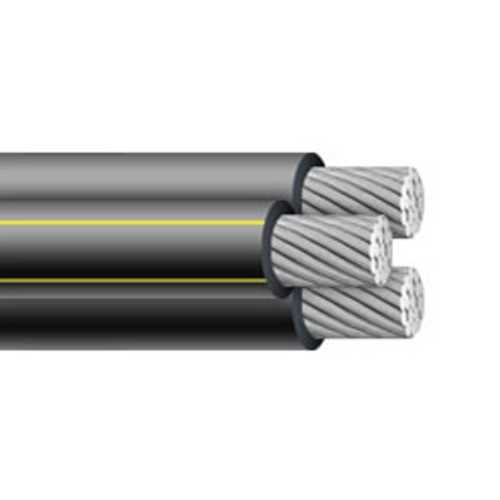
Introduction:
Aluminum wiring was commonly used in mobile homes during the 1960s and 1970s due to its lower cost compared to copper wiring. However, over time, it was discovered that aluminum wiring posed a significant fire hazard. The differences in properties between aluminum and copper, as well as improper installation techniques, led to a higher risk of overheating and electrical fires.
The Issue:
Aluminum wiring is more prone to expansion and contraction than copper, which can lead to loose connections. This can cause overheating and result in fires. Additionally, aluminum has a higher electrical resistance than copper, meaning it tends to generate more heat when conducting electricity. These factors, combined with improper installation techniques, create a dangerous situation for homeowners.
The Risks:
One of the major risks associated with aluminum wiring in mobile homes is the potential for electrical fires. The loose connections can generate heat and sparks, which can ignite nearby combustible materials. Over time, the wiring can further deteriorate due to corrosion and oxidation, increasing the likelihood of electrical failures and fires. To mitigate these risks, it is important to identify whether a mobile home has aluminum wiring and take appropriate steps to address the issue.
The history of aluminum wiring in mobile homes
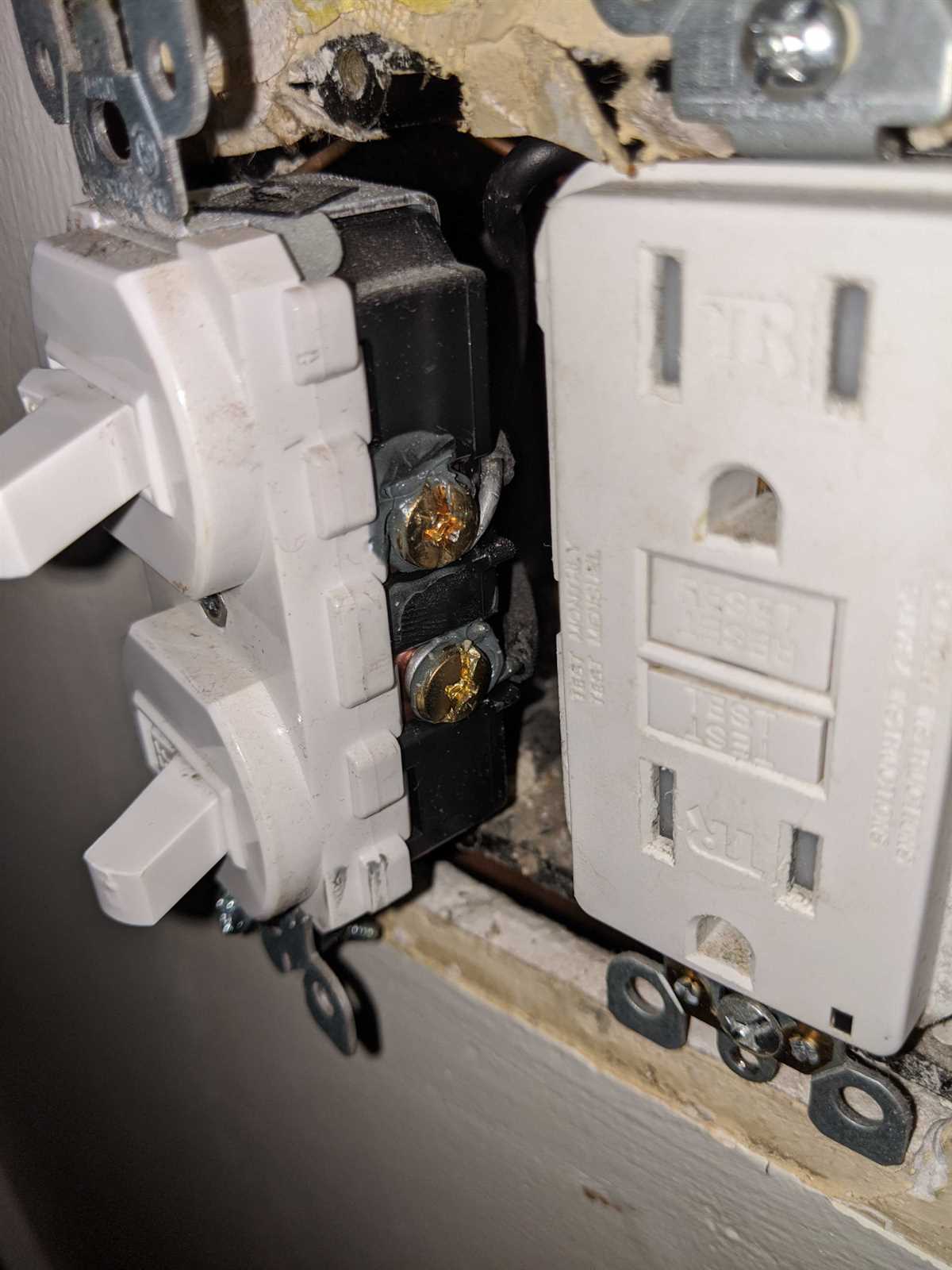
In the mid-20th century, aluminum wiring became a popular choice for electrical systems in mobile homes due to its lower cost compared to copper. Mobile homes were a cost-effective alternative to traditional houses, and aluminum wiring seemed like a practical solution.
However, as time went on, it became apparent that aluminum wiring in mobile homes had a higher risk of electrical issues compared to copper wiring. The problem stemmed from the fact that aluminum has a higher rate of expansion and contraction than copper, which can cause connections to loosen over time and lead to electrical arcing and fires.
As a result, numerous electrical incidents and fires were reported in mobile homes with aluminum wiring, raising concerns about the safety of these structures.
To address this issue, the mobile home industry and regulatory bodies implemented various measures to mitigate the risks associated with aluminum wiring. These measures included the use of special connectors that were designed to terminate aluminum wiring, improved installation techniques, and regular maintenance and inspection of electrical systems.
Over time, the use of aluminum wiring in mobile homes decreased significantly as the industry recognized the importance of safety and shifted towards copper wiring. Today, aluminum wiring in mobile homes is generally considered outdated and poses a higher risk of electrical problems.
- Overall, the history of aluminum wiring in mobile homes highlights the importance of electrical safety and the need for continuous improvements in electrical systems.
- It serves as a reminder of the potential dangers associated with outdated or improper electrical installations and emphasizes the importance of staying up to date with safety standards in the mobile home industry.
Potential dangers of aluminum wiring in mobile homes
Aluminum wiring is a common issue found in many older mobile homes. While aluminum wiring was once widely used due to its lower cost compared to copper wiring, it poses several potential dangers that homeowners should be aware of.
1. Fire hazards: One of the major concerns with aluminum wiring is that it has a higher risk of overheating and causing electrical fires. Aluminum is more prone to expansion and contraction, which can loosen connections over time and create a potential fire hazard.
2. Increased resistance: Aluminum has a higher electrical resistance than copper, which means it can generate more heat when electrical current passes through it. Over time, this increased resistance can cause the wire to become hot and potentially start a fire.
3. Oxidation and corrosion: Aluminum is also more susceptible to oxidation and corrosion compared to copper wiring. When exposed to air and moisture, aluminum can form a layer of oxide on the surface, which can increase the electrical resistance and lead to potential connection issues and overheating.
4. Compatibility issues: Aluminum wiring is not compatible with certain types of switches and receptacles designed for use with copper wiring. This can lead to loose connections and increased fire risks if incompatible devices are used with aluminum wiring.
5. Increased risk of electrical arcing: Due to its higher electrical resistance and potential for loose connections, aluminum wiring is more prone to electrical arcing. Arcing can cause sparks, heat, and potential fire hazards, especially if the wiring is not properly installed or maintained.
6. Insurance and safety concerns: Many insurance companies consider homes with aluminum wiring to be a higher risk and may charge higher premiums or require additional safety measures to be implemented. In addition, homeowners may face difficulties when selling a mobile home with aluminum wiring, as it can make prospective buyers wary of potential safety issues.
It is important for mobile homeowners with aluminum wiring to consult with a licensed electrician to evaluate the safety of their electrical system and determine if any remedial actions, such as replacing the wiring or installing specialized connectors, are necessary to mitigate the potential dangers associated with aluminum wiring.
Signs of aluminum wiring issues in mobile homes
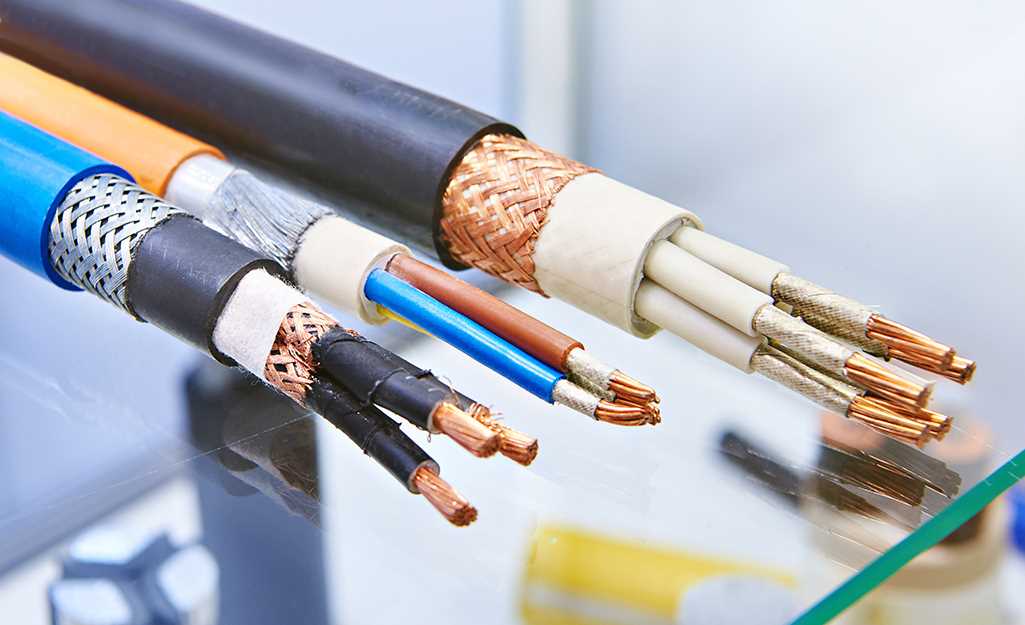
Aluminum wiring in mobile homes can pose serious safety hazards if not properly maintained. It is important for mobile homeowners to be aware of the signs that may indicate potential issues with their aluminum wiring. By recognizing these signs, they can take the necessary steps to ensure the safety of their homes and their families.
1. Frequent electrical problems: One of the most common signs of aluminum wiring issues in mobile homes is the occurrence of frequent electrical problems. These may include flickering lights, power surges, frequent blown fuses, or tripped circuit breakers. If you are experiencing these issues on a regular basis, it may be an indication that your aluminum wiring is damaged or deteriorating.
2. Overheating outlets or switches: Another sign to watch out for is overheating outlets or switches. If you notice that your outlets or switches are hot to the touch, emit a burning odor, or have scorch marks, it could be a sign of excessive heat buildup caused by loose connections or improper aluminum wiring installation.
3. Discolored or melted wire insulation: Inspect the insulation covering your aluminum wiring for any signs of discoloration or melting. If you notice blackened or charred insulation, it could indicate that the wiring has been subjected to high temperatures due to loose connections or overloading. This can be a fire hazard and should be addressed immediately.
4. Flickering or dimming lights: If your lights frequently flicker or dim, it could be a sign of aluminum wiring issues. This can be caused by loose connections or insufficient wire gauge, leading to increased resistive heating and voltage drops. It is important to have a professional electrician evaluate and address this issue to prevent further damage.
5. Aluminum wiring installed in the 1960s to 1970s: Mobile homes built between the 1960s and 1970s may have been installed with aluminum wiring. This type of wiring was commonly used during that period but is now considered less safe compared to copper wiring. If your mobile home falls within this timeframe, it is crucial to have your aluminum wiring inspected by a qualified electrician.
In conclusion, being aware of the signs of aluminum wiring issues in mobile homes is essential for maintaining a safe living environment. If you notice any of these signs, it is recommended to consult with a professional electrician to assess and address the problem promptly.
The importance of proper maintenance for aluminum wiring in mobile homes
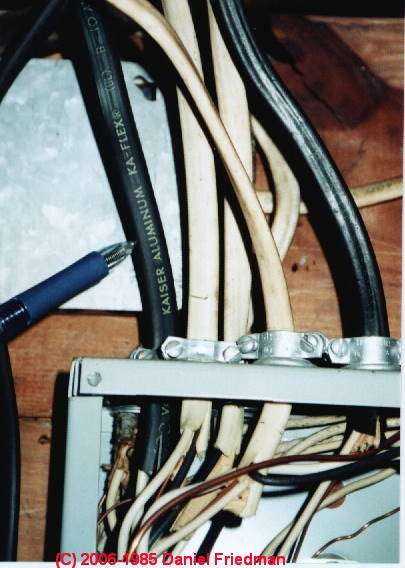
When it comes to mobile homes, one crucial aspect that homeowners must pay attention to is the maintenance of their aluminum wiring. Unlike copper wiring, aluminum wiring requires special care and maintenance to ensure safety and prevent potential hazards.
Regular inspections: Regular inspections by a qualified electrician are essential to identify any signs of wear and tear, loose connections, or overheating. These inspections can help catch potential issues before they escalate into dangerous situations. It is recommended to have an inspection every 3-5 years to ensure the wiring is in good condition.
Tightening connections: One common issue with aluminum wiring is the expansion and contraction that occurs with temperature changes, which can cause connections to become loose. Regularly checking and tightening these connections can help prevent overheating and reduce the risk of electrical fires.
Replacing outdated components: Mobile homes with aluminum wiring may have outdated components, such as switches and outlets, that are not compatible with aluminum wiring. These components can create additional resistance and increase the risk of overheating. It is important to replace any outdated components with ones specifically designed for use with aluminum wiring.
Using approved connectors: When making repairs or additions to the electrical system in a mobile home with aluminum wiring, it is crucial to use approved connectors that are specifically designed for use with aluminum. Using the wrong connectors can lead to loose connections and increased risk of electrical fires.
Monitoring for signs of trouble: Homeowners should be vigilant and watch for any signs of trouble, such as flickering lights, warm outlets or switches, or the smell of burning plastic. These can be indicators of potential issues with the aluminum wiring and should be addressed immediately by a licensed electrician.
All of these maintenance practices are important to ensure the safety and proper functioning of aluminum wiring in mobile homes. By staying proactive and investing in regular inspections and repairs, homeowners can minimize the risks associated with aluminum wiring and enjoy peace of mind in their mobile homes.
Upgrading aluminum wiring in mobile homes
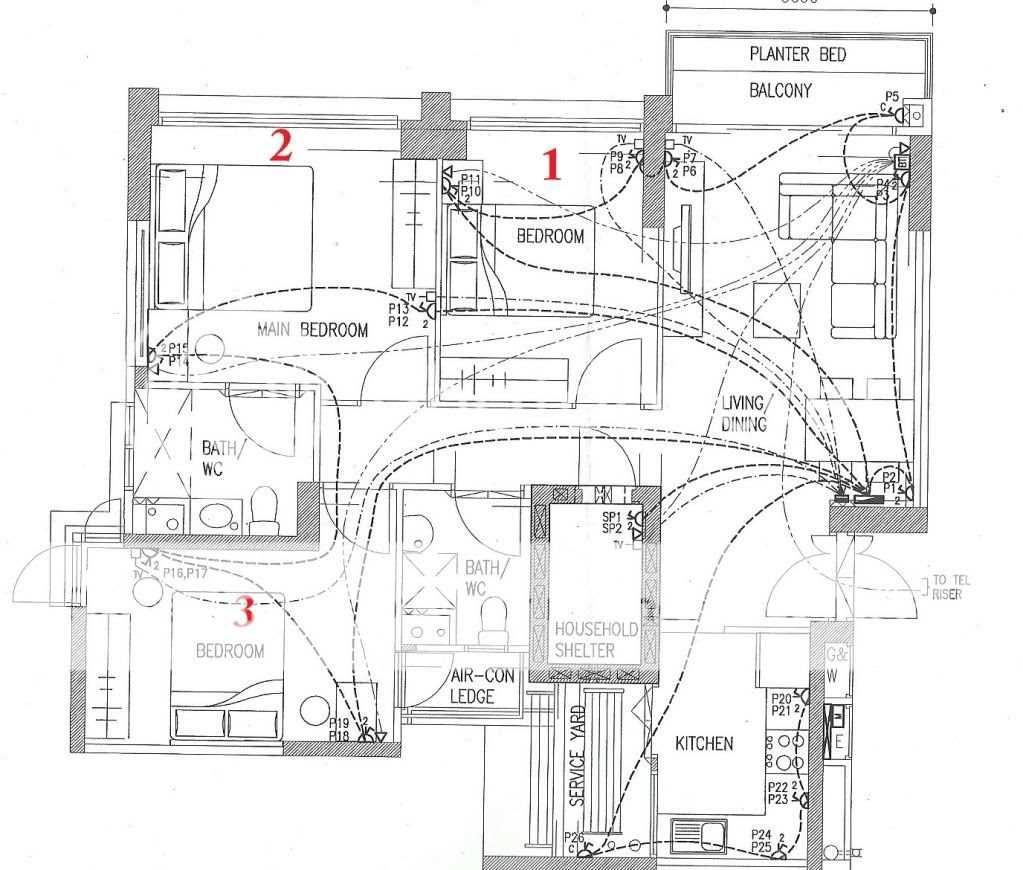
Mobile homes, like any other type of housing, may have been built with aluminum wiring in the past. While aluminum wiring was once commonly used due to its cost-effectiveness, it is now known to be a potential fire hazard. If you own a mobile home with aluminum wiring, it is recommended to consider upgrading to a safer alternative such as copper wiring.
One of the main concerns with aluminum wiring is its tendency to expand and contract with the changes in temperature. Over time, this can lead to loose connections, which in turn can cause overheating and potentially start a fire. Upgrading to copper wiring can help eliminate this risk as copper is a more stable and efficient conductor of electricity.
When upgrading aluminum wiring in a mobile home, it is important to hire a licensed electrician who specializes in this type of work. They will be familiar with the specific challenges and requirements of mobile home electrical systems. The electrician will need to carefully assess the existing wiring, identify any potential issues, and determine the best course of action for upgrading to copper.
The process of upgrading aluminum wiring usually involves removing the existing aluminum wiring and replacing it with copper wiring. This is a complex and labor-intensive task that requires meticulous attention to detail. The electrician will need to ensure that all connections are properly made and that the new copper wiring is installed to meet the relevant electrical codes and regulations.
Upgrading aluminum wiring in a mobile home is an investment in safety and peace of mind. It can help reduce the risk of electrical fires and improve the overall electrical performance of the home. If you own a mobile home with aluminum wiring, consider contacting a licensed electrician to discuss your options for upgrading to copper wiring.
Safety precautions when dealing with aluminum wiring in mobile homes
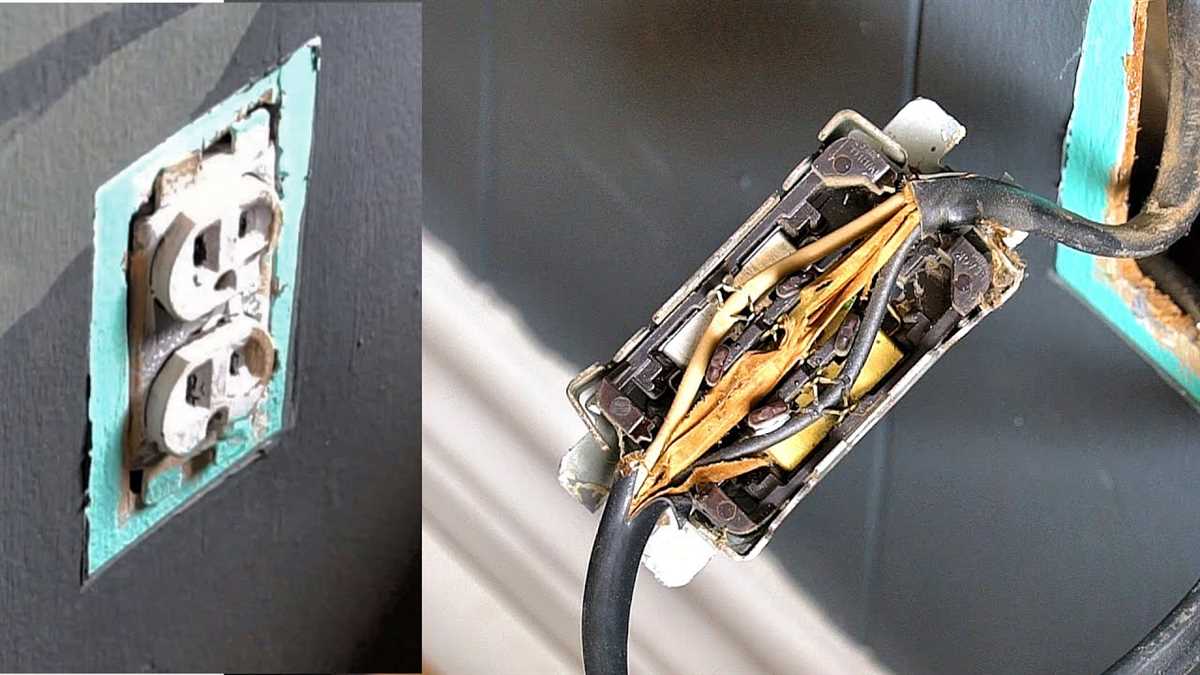
When dealing with aluminum wiring in mobile homes, it is important to take proper safety precautions to ensure the well-being of yourself and others. The following measures should be followed:
- Consult a professional: If you suspect that your mobile home contains aluminum wiring, it is recommended to consult a qualified electrician or electrical contractor. They will have the knowledge and expertise to assess the situation and provide appropriate solutions.
- Avoid DIY repairs: Working with electrical systems can be dangerous, especially in the case of aluminum wiring. It is advisable to refrain from DIY repairs and leave the task to trained professionals who understand the unique characteristics and potential hazards associated with aluminum wiring.
- Regular inspections: Mobile home owners should schedule regular inspections of their electrical systems, especially if aluminum wiring is present. Inspections can help identify any signs of wear, damage, or overheating that may pose safety risks.
- Avoid overloading circuits: Aluminum wiring has a lower ampacity compared to copper wiring, meaning it can carry less current. Mobile home owners should avoid overloading circuits to prevent overheating and potential fire hazards.
- Use dielectric wire nuts: When making repairs or connections involving aluminum wiring, it is important to use proper connectors. Dielectric wire nuts specifically designed for aluminum wiring should be used as they help prevent corrosion and promote electrical conductivity.
- Consider rewiring: In some cases, it may be necessary to consider rewiring the mobile home with copper wiring to ensure long-term safety and functionality. This decision should be made in consultation with a qualified electrician.
In conclusion, dealing with aluminum wiring in mobile homes requires careful attention to safety precautions. Consulting professionals, avoiding DIY repairs, regular inspections, avoiding overload, using appropriate connectors, and considering rewiring are all essential steps in maintaining a safe electrical system within a mobile home.